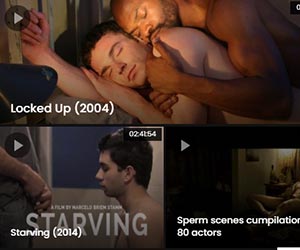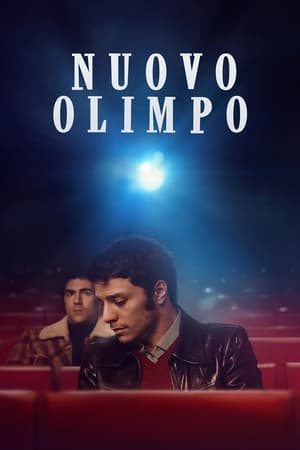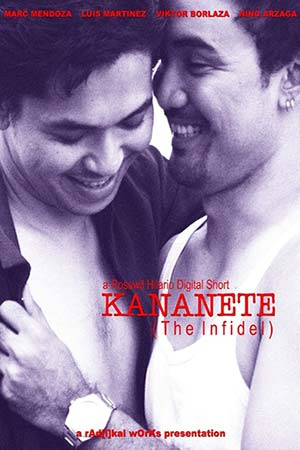“Hello Stranger: The Movie” offers a relatable and touching narrative in a world that is slowly recovering from isolation. Directed by Dwein Baltazar, who is known for capturing the subtle nuances of loneliness and fear, the film brings these emotions to life while also delving into courage and connection.
The story revolves around Xavier (Tony Labrusca) and Mico (JC Alcantara), who reunite at a writing camp after months of being apart. What begins as a light-hearted school trip turns into an emotional rollercoaster as the two characters are forced to confront their lingering feelings for each other. Baltazar, whose past works like Mamay Umeng and Oda Sa Wala depict characters trapped in isolation, shifts her lens here to the opposite: characters breaking free of their emotional barriers and learning to embrace vulnerability.
Visually, the film excels in creating a vibrant, liberating space for the characters. Martika Ramirez Escobar and Maolen Fadul use colorful landscapes to represent the newfound freedom that Xavier and Mico experience during their time at the camp. The physical space symbolizes the emotional freedom they seek, with masks and face shields subtly acknowledging the ongoing pandemic while allowing the characters moments of emotional clarity and honesty.
While the film’s romantic tension builds naturally, some of the confrontations feel rushed. There are moments where emotional revelations occur too quickly, leaving some deeper dramatic potential unexplored. Particularly, JC Alcantara’s portrayal of Mico shines with his ability to bring out the character’s wounds and fragility, while Tony Labrusca’s Xavier is most compelling when his vulnerability peeks through his tough exterior. Unfortunately, the film’s pacing sometimes prevents these emotional depths from being fully realized, and the rapid resolution feels more suited to the structure of a television show than a film.
Despite this, Hello Stranger: The Movie remains a powerful exploration of post-pandemic reconnection. The film speaks to the shared human experience of isolation and the need for real, in-person connection. It mirrors the lives of many young adults today, rushing through moments with a sense of urgency as if life is slipping by too quickly. Its mix of light-hearted moments, emotional honesty, and charming performances make it a refreshing take on the BL (Boys’ Love) genre in Filipino cinema, and a hopeful reminder that human connection is worth the effort, even in the face of fear and uncertainty.
























